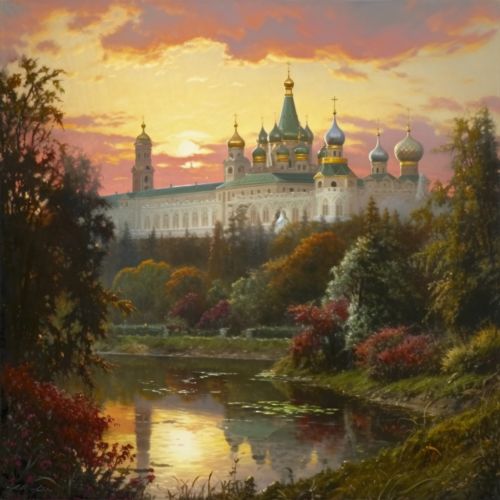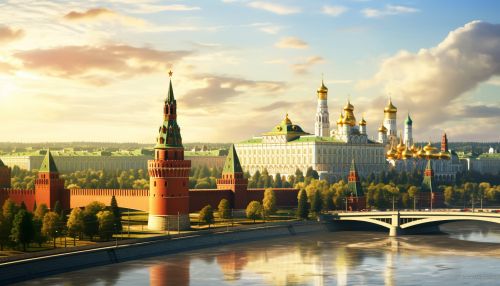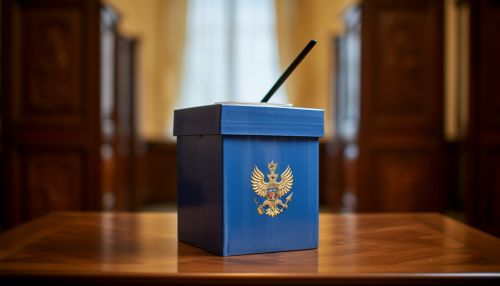Vladimir Putin Presidency
Early Years of Presidency
Putin began his presidency on May 7, 2000, succeeding Boris Yeltsin. His early years were marked by economic growth, largely due to the rising prices of oil and natural gas.


Domestic Policies
Putin's domestic policies aimed at political stability, economic growth, and social welfare improvement. He implemented reforms in various sectors, including pension, healthcare, and education. His policies also focused on reducing poverty and increasing the standard of living.
Foreign Policies
Putin's foreign policies were characterized by a pragmatic approach, focusing on protecting Russia's national interests. He pursued closer ties with China, India, and other BRICS countries, while relations with the United States and European Union became strained due to disagreements over issues such as NATO expansion and the Iraq War.
Second Term
Putin was re-elected for a second term in 2004, winning more than 70% of the vote. His second term was marked by continued economic growth, but also by increasing concerns over democracy and human rights in Russia.


Third Term
In 2008, Putin stepped down as president due to constitutional term limits, but returned for a third term in 2012. His third term has been marked by increased tensions with the West, particularly over the Ukraine crisis and Syria.
Fourth Term
Putin was re-elected for a fourth term in 2018. His fourth term has been marked by continued economic challenges, as well as ongoing tensions with the West. Despite these challenges, Putin remains a popular figure in Russia, with approval ratings consistently above 60%.
Legacy
Putin's presidency has had a significant impact on Russia and the world. His policies have transformed Russia's economy and society, while his foreign policies have reshaped Russia's relations with the world. However, his presidency has also been marked by controversy and criticism, particularly over issues of democracy and human rights.
